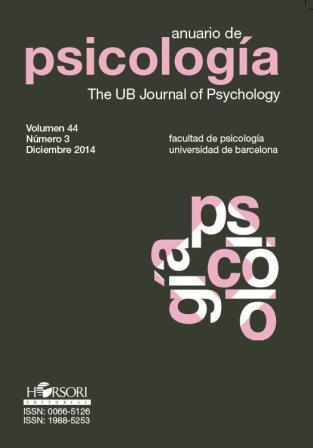Neuroimage study on low orthographic competence group
Paraules clau:
Spelling, reading, visual word recognition, functional Magnetic Resonance Imaging, BOLD signal.Resum
Background: In this paper we studied the functional neural substrates underlying the performance of homophonic spelling error detecting tasks including frequent and infrequent Spanish words- through functional Magnetic Resonance Imaging (fMRI) procedure in subjects with low orthographic performance. Method: A block design was used to administer 2 visual tasks,with 2 experimental conditions each, to 8 healthy participants with low orthographic performance. In both tasks correct and misspelled Spanish words sequentially appeared. Participants were instructed to detect orthographic errorsin one task, as well as the presence of 1 specific vowel in the other. Image data were obtained from 32 axial contiguous slices and repetition time of 3 seconds. Results: Significant bilateral activations were found, especially inmedial temporal areas during the orthographic error recognition task performance, whereas upper right and left frontal regions were significantly activated while detecting a specific vowel. Conclusions: These data are consistent with the literature and suggest an association between orthographic processing and hyperactivation of bilateral cerebral areas in subjects with low orthographic skills, probably due to compensatory mechanisms.Descàrregues
Publicades
2014-12-01
Número
Secció
Articles
Llicència
El/la autor/a que publica en esta revista está de acuerdo con los términos siguientes:
El/la autor/a cede en exclusiva todos los derechos de propiedad intelectual al/la editor/a para todo el mundo y toda la duración de los derechos de propiedad intelectual vigentes aplicables.
El/la autor/a puede difundir una copia de sus artículos respetando la política de acceso libre de la revista.


